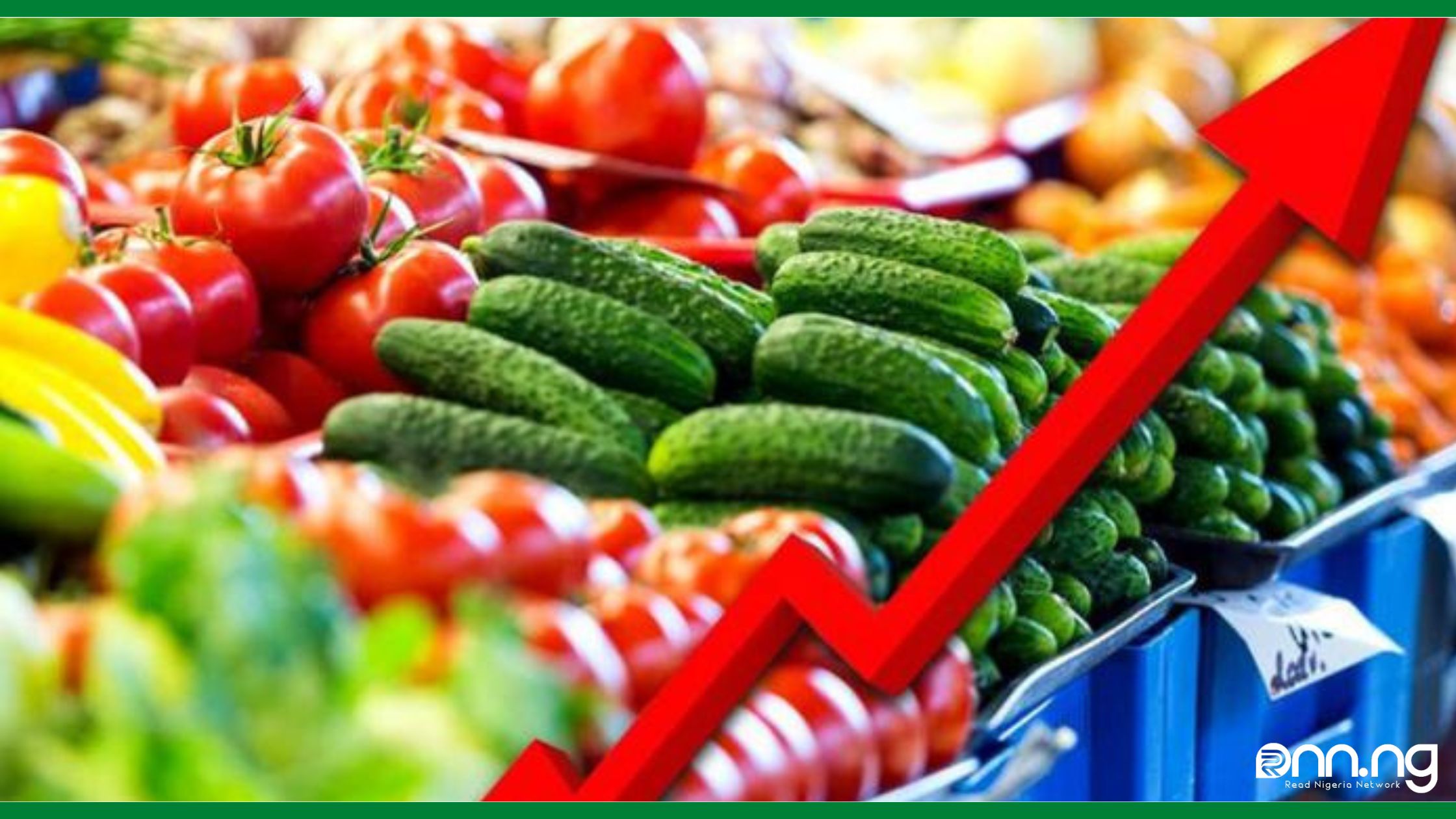Business News
Abuja, Abia leads as Food costs are rising
According to sources, the FCT, Abia, Ebonyi, Rivers, and Edo states experienced the largest increases in food costs in 2022.

As food prices surge to record heights in 2022, the Federal Capital Territory, Abuja, and Abia State have to lead a number of other southern states.
Data from “selected food prices” reports published by the National Bureau of Statistics during the studied period support this.
According to sources, the FCT, Abia, Ebonyi, Rivers, and Edo states experienced the largest increases in food costs in 2022. Further investigation revealed that the southeast has the highest food prices nationwide.
Rice, beans, yams, tomatoes, agric eggs, bread, and meat were just a few of the common things whose prices were noted during this time. The PUNCH’s research also revealed that in 2022, food prices would generally experience considerable price spikes.
As an illustration, the average price of a kilogram of tomatoes increased annually by 30.79%, from N347.47 in October 2021 to N454.46 in October 2022. The average cost of a bottle of palm oil also climbed, going from N727.21 in October 2021 to N968.76 in October 2022, a 33.22 percent rise.
Food costs are skyrocketing at a time when the NBS just revealed that approximately 133 million Nigerians, or 62.9% of the population, are multidimensionally poor.
The All Farmers Association of Nigeria’s Lagos chapter chairman, Mr. Femi Oke, cited logistics, rising demand, and the government’s reluctance to invest in large-scale agricultural production as the causes of the nation’s skyrocketing food prices.
He said, “Diesel and fuel are affecting logistics and transportation. Most of these products are coming from the north. They will factor in their transportation.
“Diesel is almost a thousand naira per liter right now. It will affect food prices, and the Nigerian government is not doing anything about it. Why is the government not doing something strategic to curb grain importation? In the last ten years, if we deliberately invested in grain or wheat, by now we would be producing and not importing. This is what is happening to us. There is no family in Nigeria that does not take grain or wheat. What is the government doing about it?”
Oke stated that societal tensions and frequent farmers-herders fights have adversely affected farming activities in the area, which is why food prices have been higher in the southeast.
He added, “When you don’t allow your people to go to the farm. With the sit at home, people are afraid to go to the farm.
“Fulani herdsmen, the herder-farmers clash is also rampant in the east, coupled with the climatic change, almost all the farmlands have been washed away. This is the reason behind the current food prices.”
Emmanuel Onuorah, president of the Premium Bread-Makers Association of Nigeria, concurred with the statistics organization’s findings that the price of bread increased by 36.68% in 2022.
He said, “The increase could have been worse. It could have been up to 50 percent. But if we do 50 percent, you have to balance it.
“If you don’t balance it, you will go out of business. Our own production and our capacity utilization have dropped by 70 percent. Before, in my bakery, I was doing 110 bags (flour). Today I’m doing 30, or 40 bags. I had 150 workers. Today I have just over 40 workers. I was doing two to three shifts. Today I’m doing one shift.”
“Africa’s Inflation Among Region’s Most Urgent Challenges,” a recent paper entitled, The delayed recovery from the pandemic, rising food and energy costs, and high levels of state debt, according to the International Monetary Fund, have made this year’s economic climate one of the most difficult in recent memory for Nigeria and its Sub-Saharan neighbors.
The IMF claims that while food and energy make up about half of the household consumption in sub-Saharan Africa, living expenses there have skyrocketed. By the end of this year, it is predicted that 13% of the population in the area will experience severe food insecurity.
READ MORE: Inflation: Nigeria’s minimum wage of N30k is now valued at N19.3k – World Bank
